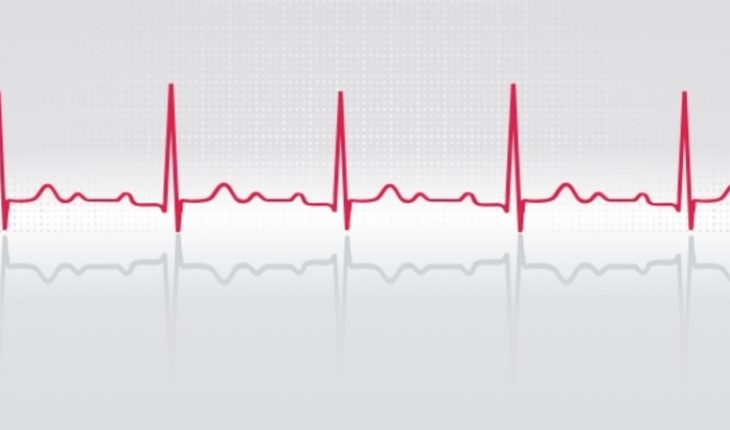AF or ‘atrial fibrillation’ is the most common heart rhythm disorder, and is a leading cause of AF-related stroke. AF is responsible for 20 per cent of all strokes; for individuals with AF, the risk of suffering an AF-related stroke is increased five fold.
Fortunately, there are ways to reduce the risk of AF-related stroke, and one of the key ways is to ensure that patients adhere to their anti-coagulation therapy.
Fortunately, there are ways to reduce the risk of AF-related stroke, and one of the key ways is to ensure that patients adhere to their anti-coagulation therapy.
Anticoagulation drugs, including warfarin, affect the blood’s ability to clot, which can trigger a stroke in the first place. It is important that the right dose of drugs is maintained in order to reduce the risk of severe bleeding or other complications.
It comes as no surprise that nearly 80 per cent of AF patients who took part in our recent survey said they would want to take advantage of new advances in self-monitoring, giving them independence when travelling for work or pleasure. Self-monitoring devices empower patients to take control of their therapy and reduce the number of clinic visits that they have to make, saving both time and money.
Self-monitoring devices empower patients to take control of their therapy and reduce the number of clinic visits that they have to make, saving both time and money.
At the moment, most people do not have self monitoring devices, despite the fact that 2014 guidelines issued by NICE recommended that these devices should be offered to people as an option. Cost is an issue – people have to buy their own monitors which cost around £200 each, although some GPs will prescribe the strips that are inserted in the monitors with a tiny blood sample. Many refuse to fund even these, making self monitoring too expensive for many.
Here at AF Association, we think that this is an opportunity that is being lost, and people with AF are suffering as a result. The cost effectiveness of self-monitoring should be weighed against the huge expense of funding hospital trips and tests which may be required weekly or monthly, depending on the individual. Furthermore, someone who suffers an AF-related stroke and survives will require expensive treatment and support. It should not be down to a GP budget or a hospital budget. Instead, this decision should be taken across the NHS. I would like all the stakeholders to see the bigger picture, instead of working in silos.
Of course, there are also costs associated with people taking time off work to attend clinics.
Patient power is very important and we would urge people with AF to start a conversation with their doctor about what the options are available to them, and why certain options are not available. At the end of the day, decisions should be taken depending on what is best for the individual.
The results of the survey can be viewed here.
- World Heart Rhythm Week – One Heart Many Rhythms - 2nd June 2025
- Ceremony for leading Healthcare Pioneers - 8th June 2023
- DETECT, PROTECT, CORRECT, PERFECT - 8th June 2023







